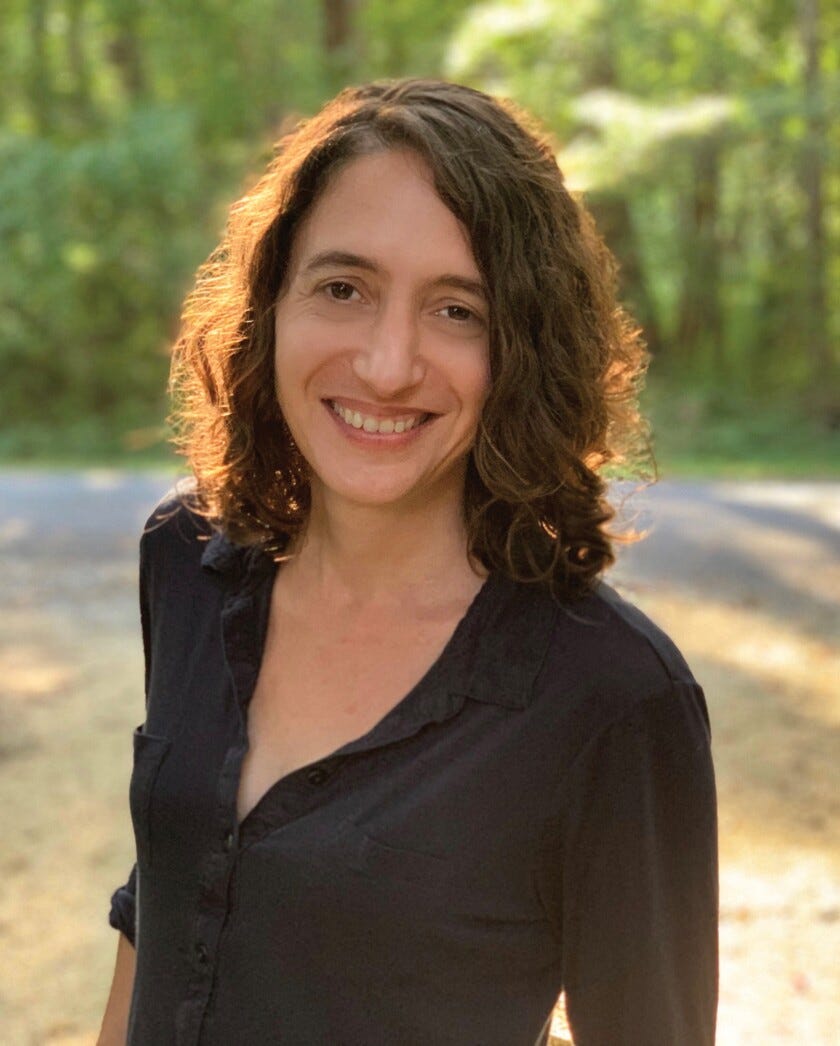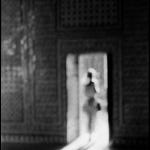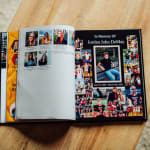Hi there, Article Clubbers! This month, we’re reading, annotating, and discussing “When Things Go Missing,” by Kathryn Schulz. It’s one of my favorite pieces of the past five years. I’m pleased that so many of you have signed up to discuss the article on February 27. I am looking forward to it!
A few weeks ago, I got the opportunity to interview Ms. Schulz. It was an honor. Thanks to her generosity and thoughtfulness, it was a great conversation. We talked about a range of topics, including: how it feels to have a new book out, how she organized the piece, how she thinks about a concept she calls “and-ness,” what her dad meant to her, why she included certain details and not others, and why she ended an article on loss with the phenomenon of finding.
I hope you take a listen!
Also, I encourage you to buy and read Lost & Found, her memoir, published in January, that grew out of this essay. (You can’t have my copy.)
After listening to the interview, feel free to add your thoughts in the comments. What’s one insight that resonated with you? What’s a question you were left with?
I look forward to our discussion on Feb. 27. See you then!
















Share this post